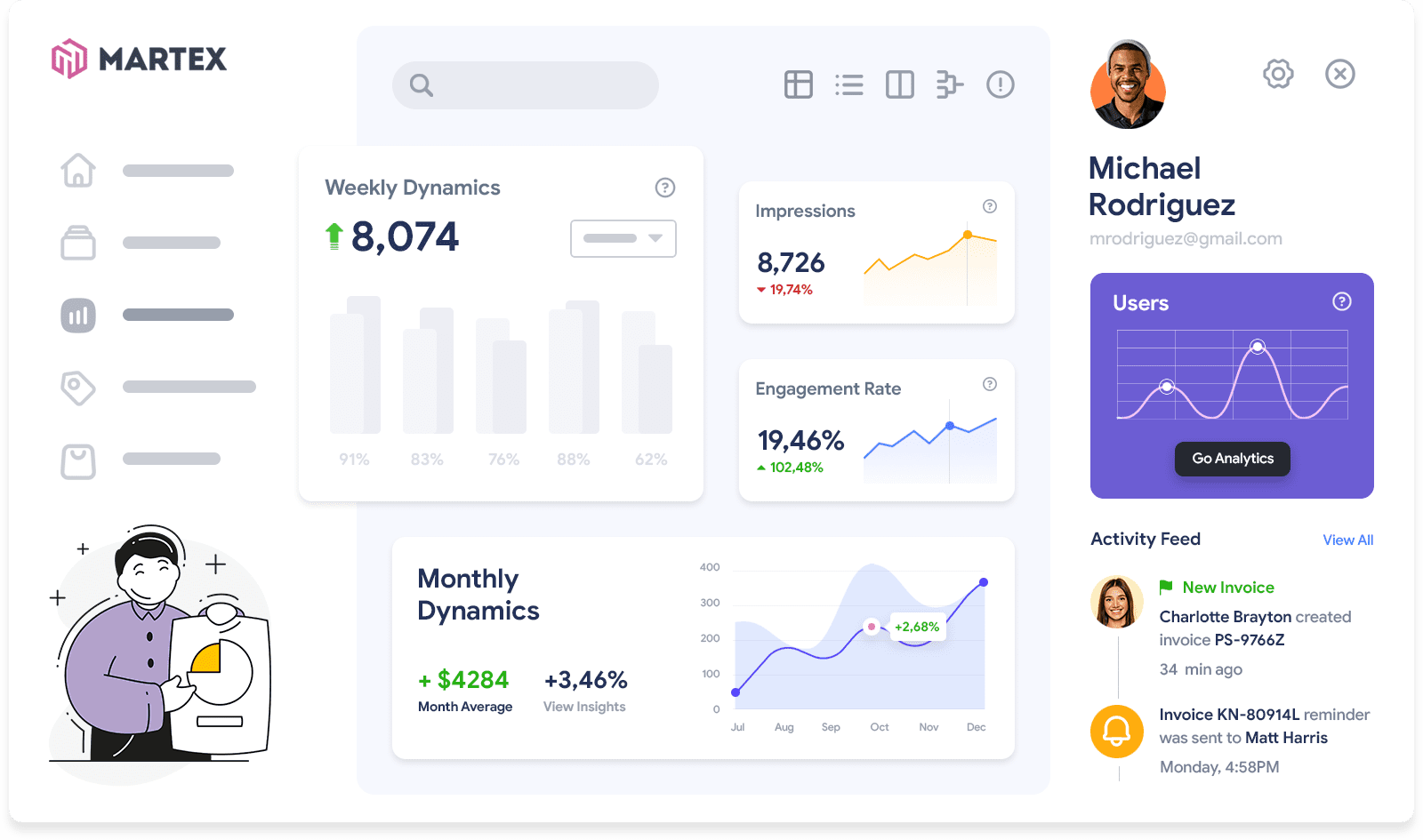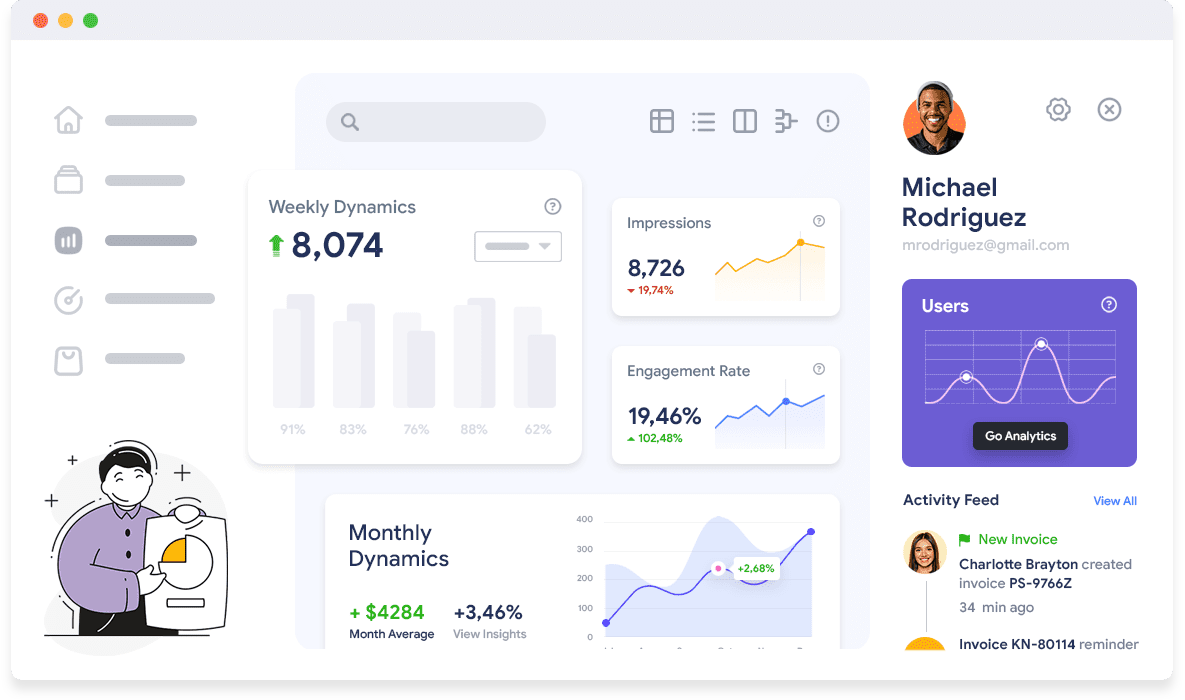
Financial Institutions: Regulatory-Compliant Intelligence
Navigate complex financial regulations and accelerate deal processing with AI-powered contract analysis designed specifically for banks, credit unions, and financial services organizations.
Financial Services Regulatory Complexity

Financial institutions operate within one of the most heavily regulated business environments, where contract terms and business relationships must comply with an intricate web of federal and state regulations, supervisory guidance, and industry standards. The consequences of non-compliance can include substantial monetary penalties, operational restrictions, reputational damage, and regulatory enforcement actions that can threaten institutional viability and stakeholder confidence.
The volume and complexity of contracts that financial institutions must manage is staggering. From loan agreements and credit facilities to vendor contracts, partnership agreements, and regulatory compliance arrangements, each contract category requires specialized analysis to ensure compliance with applicable regulations such as BSA/AML requirements, fair lending laws, consumer protection regulations, and prudential banking standards.
Traditional manual contract review processes struggle to keep pace with the velocity and complexity of modern financial services operations. Regulatory requirements continue to evolve, creating ongoing challenges for compliance monitoring and risk management. Meanwhile, competitive pressures demand faster deal processing and more efficient operations that can conflict with thorough compliance verification requirements.
AI-powered contract analysis provides financial institutions with sophisticated analytical capabilities that enable comprehensive compliance monitoring, accelerated transaction processing, and enhanced risk management while maintaining the rigorous oversight standards required by regulatory authorities. This technology transforms contract management from a potential bottleneck into a competitive advantage that supports both growth and compliance objectives.
Comprehensive Regulatory Compliance

Financial services regulations require comprehensive monitoring and documentation that traditional manual processes struggle to provide consistently across large contract portfolios. AI-powered analysis enables continuous compliance monitoring that can adapt to regulatory changes while providing detailed documentation of compliance efforts and risk management practices.
Multi-Regulatory Framework Analysis
AI systems can simultaneously analyze contracts against multiple regulatory frameworks including banking regulations, securities laws, consumer protection requirements, and anti-money laundering provisions. This comprehensive analysis ensures that complex transactions comply with all applicable requirements rather than focusing on individual regulatory domains in isolation.
The technology can be configured to reflect institution-specific regulatory requirements based on charter type, business activities, and geographic operations. This customization ensures that compliance analysis reflects the unique regulatory environment that each institution must navigate while maintaining consistency across the organization.
Fair Lending and Consumer Protection
Consumer-facing contracts require particular attention to fair lending requirements, disclosure obligations, and consumer protection standards that can vary significantly across jurisdictions and product types. AI analysis can verify compliance with Truth in Lending Act requirements, Fair Credit Reporting Act provisions, and state-specific consumer protection laws that could impact contract enforceability or regulatory compliance.
The system can also identify terms that may create disparate impact concerns or fair lending risks that require additional analysis or documentation to demonstrate compliance with equal credit opportunity requirements and fair housing regulations.
Third-Party Risk Management
Vendor and service provider contracts must include appropriate risk management provisions, compliance requirements, and oversight mechanisms that satisfy regulatory expectations for third-party risk management. AI analysis can verify that contracts include required due diligence provisions, performance monitoring requirements, and termination rights that enable effective third-party risk management.
Enhanced Credit Risk Assessment

Credit-related contracts require sophisticated analysis of risk factors, collateral provisions, and performance requirements that directly impact institutional risk exposure and regulatory capital requirements. AI-powered analysis provides comprehensive risk assessment capabilities that enhance credit decision-making while ensuring compliance with prudential banking requirements.
Collateral and Security Analysis
Loan agreements and credit facilities require detailed analysis of collateral provisions, security interests, and guarantee structures that determine recovery prospects and regulatory capital treatment. AI systems can evaluate the adequacy of collateral provisions, identify potential perfection issues, and assess the enforceability of security interests across multiple jurisdictions.
The technology can also analyze guarantee provisions and support agreements to ensure that credit enhancements provide meaningful protection and comply with applicable regulations regarding capital treatment and risk measurement. This analysis is particularly important for complex commercial transactions where guarantee structures may be sophisticated and difficult to evaluate manually.
Covenant and Performance Monitoring
Financial covenants and performance requirements in credit agreements require ongoing monitoring to identify potential default situations and trigger appropriate risk management responses. AI analysis can extract and organize covenant requirements, establish monitoring frameworks, and provide alerts when covenant compliance may be at risk.
The system can also identify conflicts between different covenant requirements or inconsistencies in measurement methodologies that could create ambiguity or enforcement challenges. This proactive identification enables covenant renegotiation or clarification before problems arise.
Cross-Default and Acceleration Provisions
Complex credit relationships often involve multiple agreements with interconnected default provisions that can create cascade effects if triggered. AI analysis can map these relationships and identify potential acceleration triggers that could impact multiple credit facilities simultaneously, enabling better risk assessment and portfolio management.
Operational Excellence and Efficiency

Financial institutions must balance the competing demands of comprehensive risk management with operational efficiency that enables competitive service delivery and profitability. AI-powered contract analysis provides the foundation for achieving both objectives by automating routine analysis tasks while enhancing the quality and consistency of risk assessment and compliance verification.
Accelerated Transaction Processing
Speed of execution can be a critical competitive factor in financial services, particularly for commercial lending, investment banking, and corporate finance transactions where delays can result in lost opportunities or customer dissatisfaction. AI analysis enables rapid contract review that maintains thorough risk assessment while dramatically reducing processing time.
This acceleration is particularly valuable for standardized products where routine analysis can be automated while ensuring that unusual or high-risk provisions receive appropriate attention from experienced professionals. The technology enables institutions to offer faster service delivery without compromising risk management standards.
Standardization and Quality Control
AI analysis ensures consistent application of institutional policies, risk standards, and regulatory requirements across all contract reviews, regardless of which analyst performs the review or when the analysis occurs. This consistency is particularly valuable for large institutions with multiple business lines, geographic locations, or product offerings.
The technology can also identify deviations from standard terms or institutional preferences, enabling better negotiation strategies and more effective risk management. This standardization helps reduce operational risk while improving the predictability and quality of contract analysis outcomes.
Resource Optimization
By automating routine analysis tasks, AI technology enables institutions to redeploy experienced professionals to higher-value activities such as complex risk assessment, relationship management, and strategic planning. This resource optimization can improve both job satisfaction and institutional performance while reducing overall operating costs.
Strategic Business Advantages

Beyond operational improvements and compliance benefits, AI-powered contract analysis provides strategic advantages that can enhance competitive positioning, improve customer relationships, and support business growth initiatives. These strategic benefits compound over time as institutions build capabilities and insights that differentiate their market approach and service delivery.
Data-Driven Risk Intelligence
Comprehensive contract analysis generates valuable data about risk patterns, market trends, customer behavior, and competitive dynamics that can inform strategic planning and business development initiatives. This intelligence enables more sophisticated risk pricing, portfolio management, and customer relationship strategies.
The insights derived from contract portfolio analysis can also support product development, market expansion, and competitive positioning initiatives by providing detailed understanding of market dynamics and customer preferences that may not be available through traditional market research approaches.
Enhanced Customer Experience
Faster contract processing and more consistent service delivery improve customer experience while reducing administrative burden on both institution staff and customers. This enhanced experience can lead to stronger customer relationships, increased customer retention, and improved referral generation that supports business growth.
The ability to provide clear explanations of contract terms and risk factors also builds customer confidence and trust, particularly for complex commercial transactions where customers depend on their financial institution for guidance and expertise.
Regulatory Relationship Benefits
Sophisticated compliance monitoring and risk management capabilities demonstrate institutional commitment to regulatory compliance and sound risk management practices. These capabilities can enhance relationships with regulatory authorities and potentially influence examination outcomes, supervisory assessments, and regulatory approvals for new products or business activities.
The detailed documentation and analytical capabilities provided by AI systems also support more effective regulatory reporting and examination preparation, reducing the administrative burden of regulatory compliance while demonstrating institutional sophistication and competence.
Market Leadership and Innovation
Early adoption of advanced AI technology positions financial institutions as innovation leaders in their markets, attracting customers who value technological sophistication and modern service delivery approaches. This positioning can be particularly valuable for attracting technology companies, emerging growth businesses, and other clients who expect their financial service providers to embrace technological advancement.
Innovation leadership also supports talent attraction and retention, as financial professionals increasingly prefer working in environments that provide access to cutting-edge tools and technologies that enhance their professional capabilities and career development prospects. This talent advantage can provide sustainable competitive benefits that extend beyond immediate operational improvements to long-term strategic positioning and market leadership.
